![]()
![]()
![]()
Use LEFT and RIGHT arrow keys to navigate between flashcards;
Use UP and DOWN arrow keys to flip the card;
H to show hint;
A reads text to speech;
11 Cards in this Set
- Front
- Back
|
Formed in 1847 - 1848, dedicated to opposing slavery in newly acquired territories such as Oregon and ceded Mexican territory
|
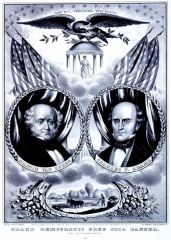
Free Soil Party
|
|
|
A former escaped slave, she was one of the shrewdest conductors of the underground railroad, leading 300 slaves to freedom
|
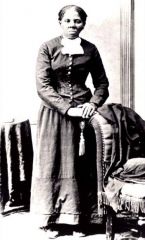
Harriet Tubman
|
|
|
Expression used by Southern authors and orators before the Civil War to indicate the economic dominance of the Southern cotton industry
|
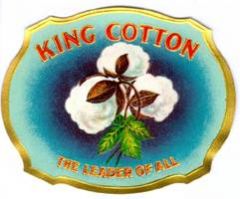
“King Cotton”
|
|
|
A militant abolitionist, he became editor of the Boston publication, The Liberator, in 1831
|
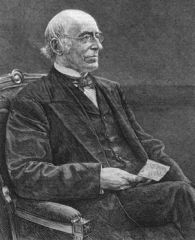
William Lloyd Garrison
|
|
|
A secret, shifting network which aided slaves escaping to the North and Canada, mainly after 1840
|
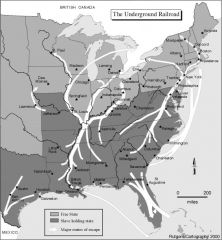
Underground Railroad
|
|
|
Called for the admission of California as a free state, organizing Utah and New Mexico with out restrictions on slavery, adjustment of the Texas/New Mexico border, abolition of slave trade in District of Columbia, and tougher fugitive slave laws
|
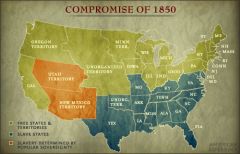
Compromise of 1850
|
|
|
A Missouri slave sued for his freedom, claiming that his four year stay in the northern portion of the Louisiana Territory made free land by the Missouri Compromise had made him a free man. The U.S, Supreme Court decided he couldn't sue in federal court because he was property, not a citizen.
|
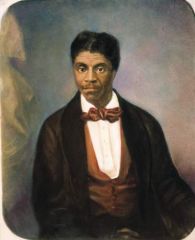
Dred Scott Decision
|
|
|
Following the passage of the Kansas-Nebraska Act, pro-slavery forces from Missouri, known as the Border Ruffians, crossed the border into Kansas and terrorized and murdered antislavery settlers. Antislavery sympathizers from Kansas carried out reprisal attacks, the most notorious of which was John Brown's 1856 attack on the settlement at Pottawatomie Creek
|
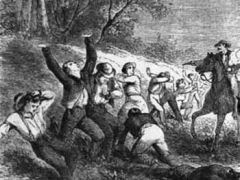
Bleeding Kansas
|
|
|
Site of the opening engagement of the Civil War On December 20, 1860, South Carolina had seceded from the Union, and had demanded that all federal property in the state be surrendered to state authorities.
|
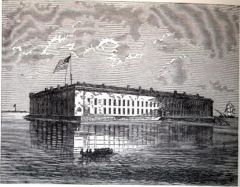
Fort Sumter
|
|
|
Agency set up to aid former slaves in adjusting themselves to freedom. It furnished food and clothing to needy blacks and helped them get jobs.
|

Freedmen’s Bureau
|
|
|
Restrictions on the freedom of former slaves, passed by Southern governments
|

Black Codes
|

